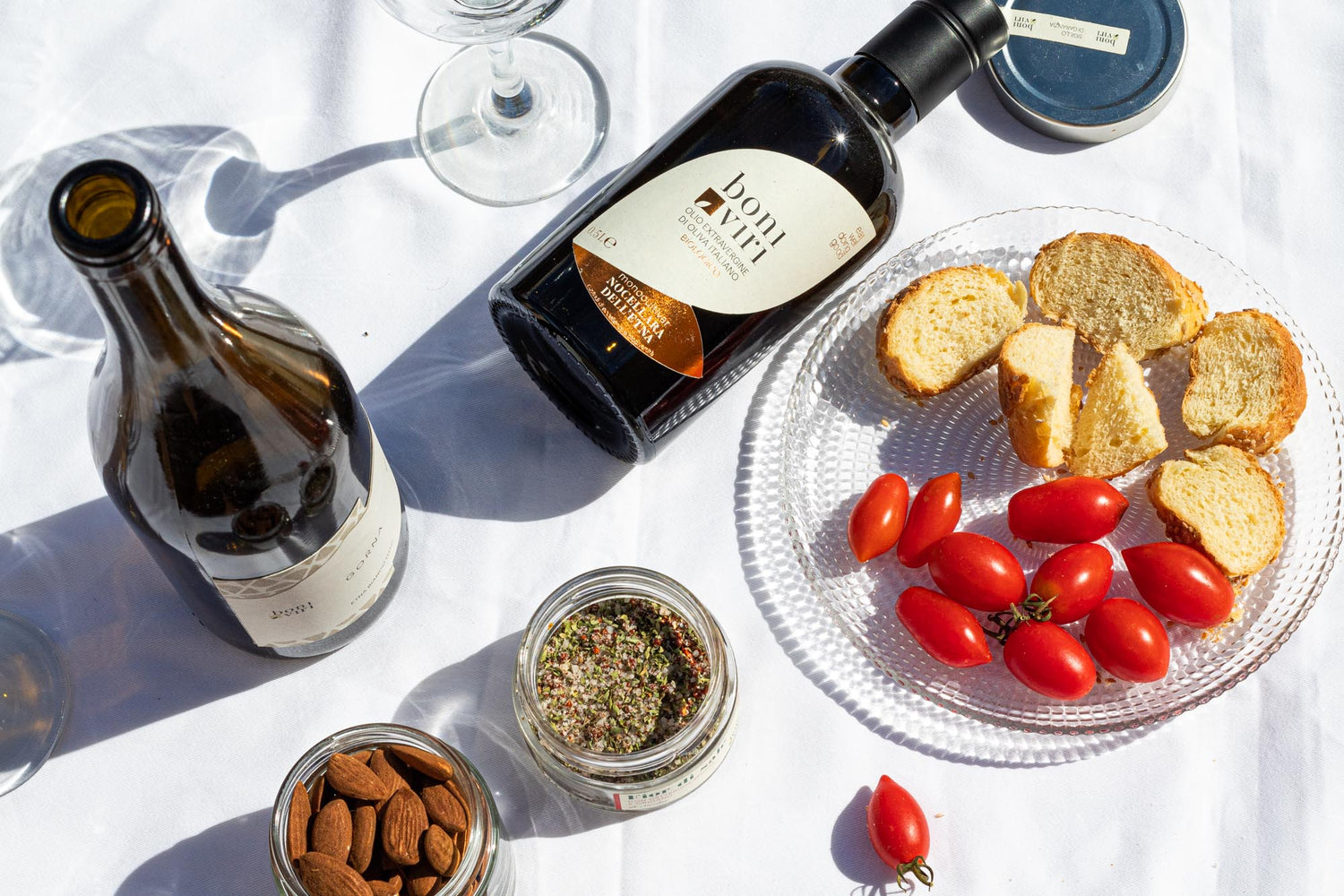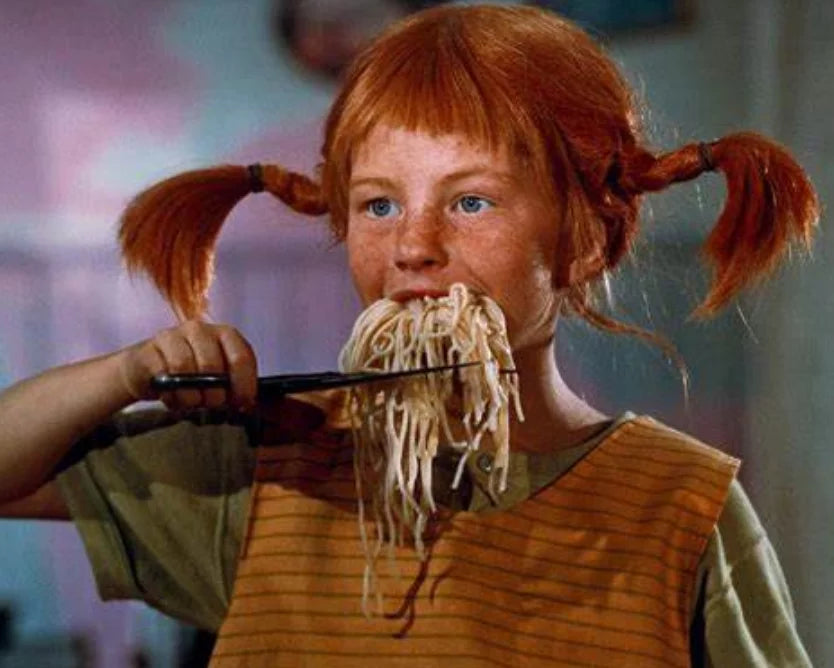May 16, 2023
Every time we taste food, a real match occurs, like in a dating app: the connection between food and flavor is like a love story.
Remember when we were little, our parents let us have a bit of the chocolate cream they had prepared to garnish a cake? That long wait watching the ingredients mix together, change color and substance to the rhythm of a whisk, to end in a perfect balance of density and sweetness, like the instruments of an orchestra, together, creating a melody difficult to forget.
It is said that the first memories of living beings are linked to food. As for Marcel Proust, a few crumbs of a Madeleine immersed in a cup of steaming tea were enough to relive his childhood and the gorging on the dessert at his aunt's house, our memory is imbued with flavors capable of profoundly conditioning our personality.
Every time we taste food, a real match occurs, like in a dating app: although the example may seem strange, the connection between food and our perception of flavor is a bit like a love story. Each single ingredient is made of many small molecules that, in the chaos of all the other ingredients, and other molecules very similar to them, are magnetized towards their perfect half, towards their "soul mate". Scientifically defined as a receptor-ligand bond, it is the mechanism through which nature has given us the ability to identify bitter, discern it from sweet, sour or salty.
When this bond occurs, when the food molecules meet their perfect half, a message is sent to our brain that immediately identifies what we are eating and builds memories around that food. The evocation of flavors constitutes, in fact, the psychological basis of appetite, the famous mouth watering, consequently setting our psychological well-being.
As in a true love story, the memories of a good experience with food, of a dish we loved, trace furrows in our brain, like rails, along which travel the sensations that precede the possibility of being able to taste that dish again, of being able to relive the same emotions of a first meeting.
Studies on the chemistry of food are countless. One very interesting and constantly studied dynamic is that between taste and smell. Gordon Shepherd, professor of the Department of Neurobiology at Yale, argues that flavors are not in food, but are created by our brain and, more specifically, are created mostly by our olfactory system. Odor molecules carry information and stimulate our olfactory receptors, which transmit this information to the brain, which translates it into images. This connection to the highest cognitive centers of the brain is a special property of smell, which is fundamental to the experience of flavor. When it comes to food, we can feel safe in saying that it's all about the nose!
The elegant alchemy that regulates the way in which ingredients and olfactory molecules bind to their receptors is similar to that between the script and the direction in a theatrical work: the positive result is given by the perfect dynamism between shots, music and theatrical act, just as in a dish it is given by the balance of smells and flavours.
And, as for a masterfully crafted theatrical work, we will be inclined to buy a new ticket, we will never give up lingering a few more seconds in the memories of a few crumbs of Madeleine.




